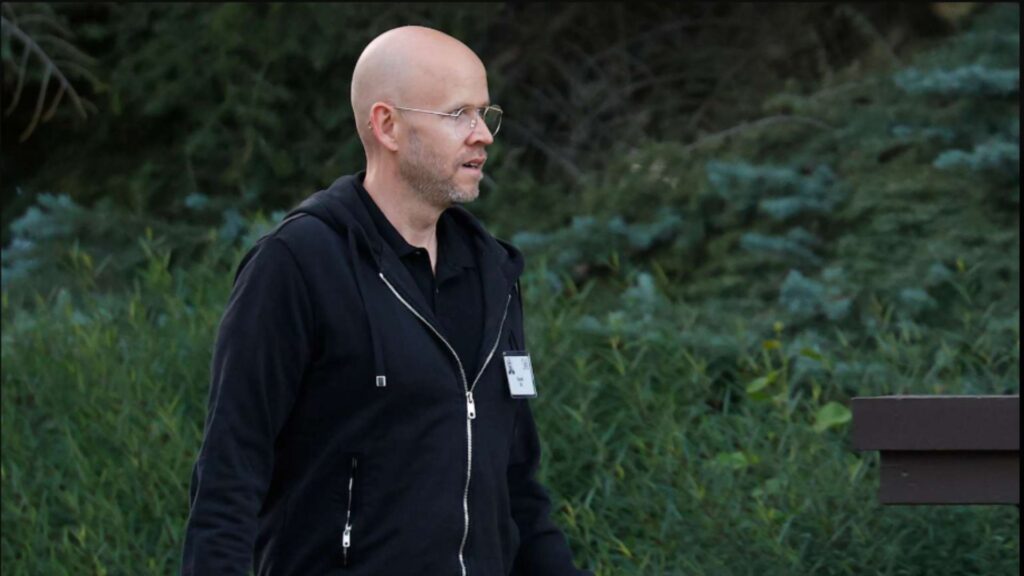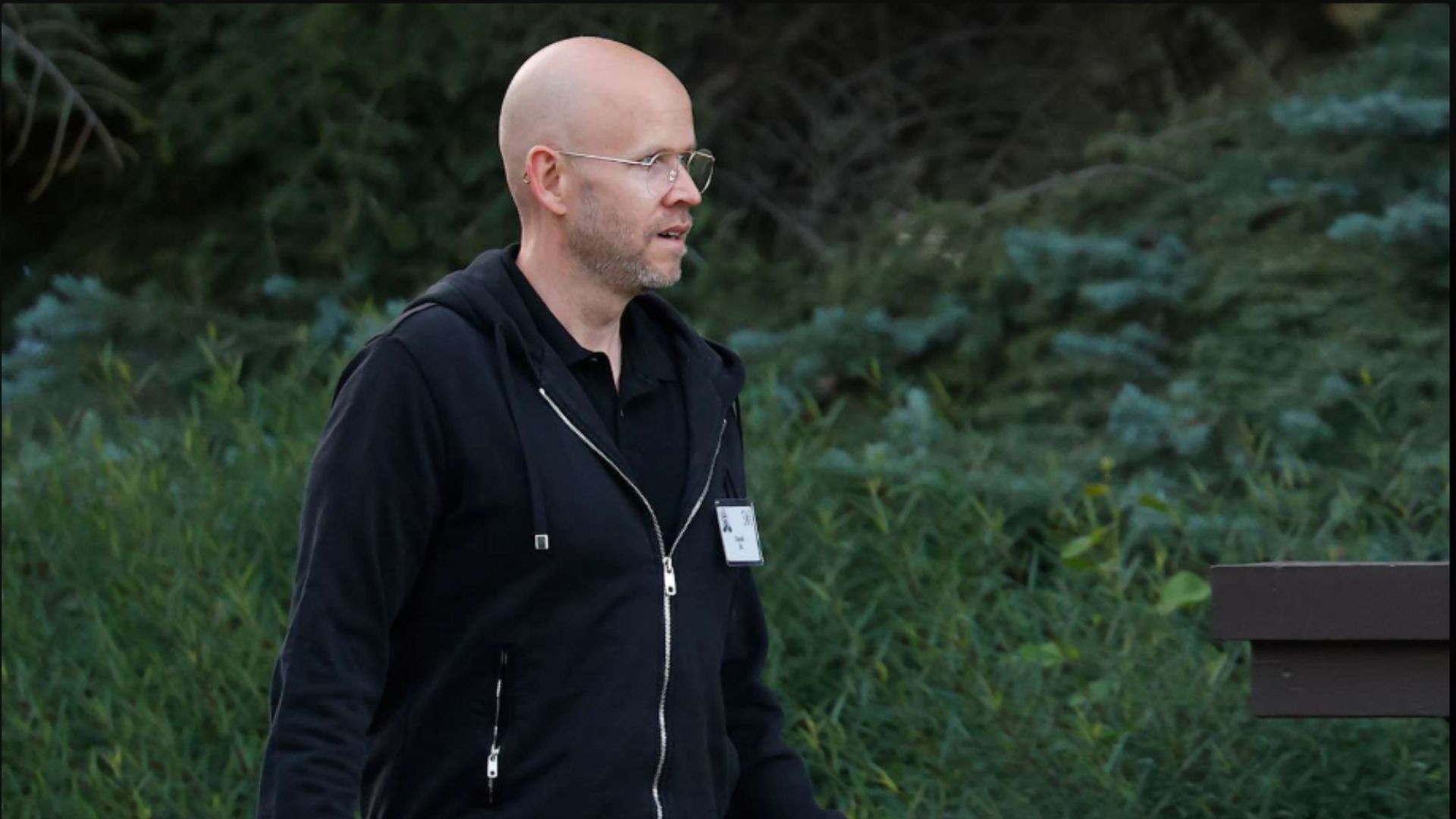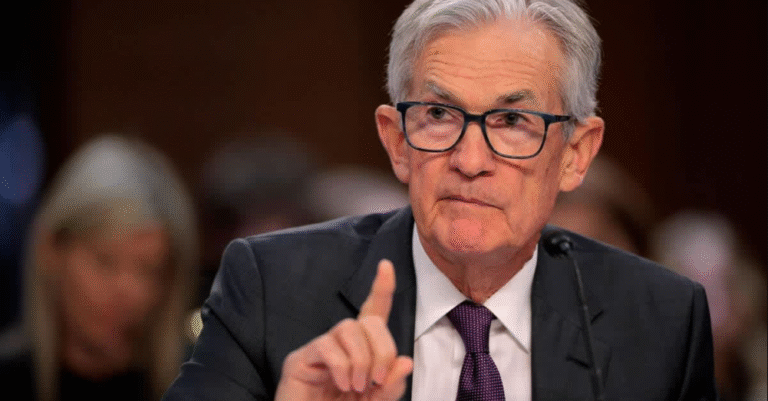
A protest against Spotify is rapidly gaining steam in the music world, with a wave of artists pulling their entire catalogs from the streaming giant. The reason? A massive investment by CEO Daniel Ek into artificial intelligence designed for the battlefield. What started with a few indie artists has now snowballed into an organized movement, gaining serious momentum this week as more musicians and resistance groups join the fight.
The latest to exit is Louisville-based rock band Young Widows, who removed their music on September 7th. They join a growing list of notable acts like King Gizzard & the Lizard Wizard, Deerhoof, and Xiu Xiu. In an Instagram post, the band pointed to Ek’s “awful business practices,” calling out his personal investment in AI warfare technology as the final straw.
The heart of the resistance is beating particularly strong in Seattle, where musician and former union organizer Carolyn Brotherton is leading a group called Seattle Artists Against Spotify. They’ve already published an open letter with signatures from over 30 local artists, including respected figures from the jazz scene and key industry players like KEXP DJ Kevin Sur.
Seattle flautist Leanna Keith didn’t mince words, explaining her view on the platform’s relationship with creators. “I already thought that Spotify was exceptionally predatory,” she stated. “Its entire model relies on desperation from the artists… without the musicians, Spotify doesn’t actually have a product. And yet, it continues to be one of the most profitable companies without giving the actual people making their product their fair share.” The Seattle coalition slams Spotify’s direction as fundamentally “anti-human, anti-art, and anti-listener.”
So, what’s the investment causing all this uproar? It boils down to a $693.6 million (€600 million) funding round led by Ek’s venture capital firm, Prima Materia, into Helsing, a German defense tech company. Founded in 2021, Helsing develops AI software that analyzes data from sensors and weapons on the battlefield to help militaries make decisions in real-time. The company also builds its own military hardware, including the HX-2 strike drone.
Ek, who is also Helsing’s chairman, has publicly defended the move, telling the Financial Times it’s a necessary step for Europe’s defense. “There’s an enormous realization that it’s really now AI, mass and autonomy that is driving the new battlefield,” he said. This massive investment has skyrocketed Helsing’s value to around $13 billion (€12 billion), making it one of Europe’s most valuable private tech firms.
The backlash from artists has been sharp and direct. Australian psych-rockers King Gizzard & the Lizard Wizard pulled their massive 27-album catalog in July, blasting “Dr. Evil tech bros” on Instagram. San Francisco’s Deerhoof was even more blunt: “We don’t want our music killing people. We don’t want our success being tied to AI battle tech.”
This boycott isn’t just about the military investment; it’s tapping into years of frustration over Spotify’s business model. Artists have long complained about the notoriously low royalty payments, which can be as little as $3 for every thousand streams. This, combined with the platform’s controversial use of AI-generated music and “ghost artists,” has left many feeling devalued. As Young Widows stated, “To think that our fans’ money is being used to invest in future machines to kill the innocent is beyond inhumane and unacceptable.” The growing exodus poses a real threat to Spotify, proving that for an increasing number of artists, this is a line they refuse to cross.












